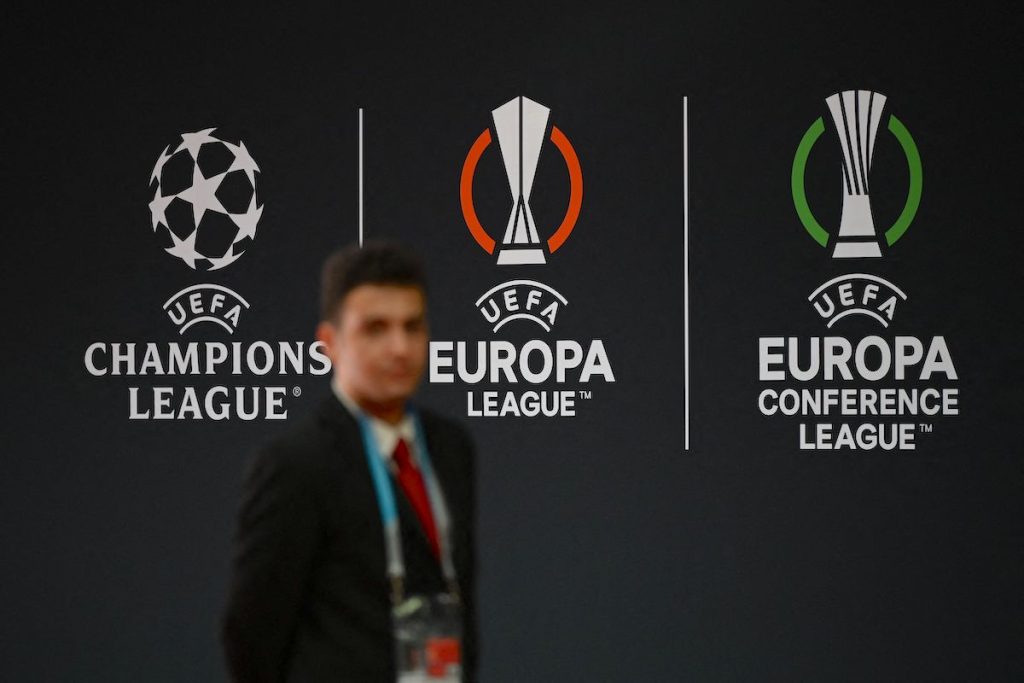AC Milan’s Financial Reality Without Champions League Football
AC Milan, one of the most storied clubs in European football, is facing a significant financial challenge as the 2025-26 season looms. The club is at risk of missing out on Champions League football, a reality that could lead to a potential loss of over €50m in revenue. This loss is primarily due to the stark difference in prize money between the UEFA Champions League and the UEFA Europa League. According to a report in La Gazzetta dello Sport, the UEFA prize money for the Champions League, which will remain valid for the next three years, totals €2.47bn. In contrast, the Europa League has been allocated €565m, a substantial increase from the previous three years but still a fraction of the Champions League’s prize fund. The gap in financial rewards between these two competitions is significant, and it underscores the economic importance of securing a place in the Champions League for clubs like Milan.
The Current Financial Situation at AC Milan
Despite the looming threat, AC Milan has been managed prudently in recent years, thanks to the financial stewardship of Elliott Management and RedBird Capital. The club has returned to profitability, a rare occurrence in its recent history. This means that a move to the Europa League would not immediately trigger a financial emergency, such as the need for a fire sale of players. However, the long-term implications are concerning. The lower revenue from the Europa League could have a cascading effect on the club’s future development, affecting everything from player acquisitions to infrastructure investments. The prudent financial management has given Milan a cushion, but the club’s ambition and financial health are intrinsically linked to Champions League participation.
Revenue Breakdown from the UEFA Champions League
Milan’s financial performance in the Champions League this season has been substantial. The club has earned around €60m in UEFA prize money, which does not include box office revenue. While the exact figures for ticket sales have not been disclosed, it is reasonable to estimate that the club made at least €25m from the five home games. This brings the total revenue from Champions League participation to nearly €90m. The breakdown of the UEFA prize money is as follows:
- Participation Fee: €18.62m
- Match Results: €2.1m for each victory in the league phase and €700k for a draw
- Standings Bonuses: Ranging from €275k for the 36th-placed team to around €10m for the first
- Qualification Bonuses: €11m for reaching the round of 16, €12.5m for the quarter-finals, €15m for the semi-finals, and €18.5m for the final
- Champions Bonus: An additional €6.5m for the winners
The Financial Disparity with the Europa League
The financial disparity between the Champions League and the Europa League is stark. In the Europa League, the prize money is significantly lower, with the following structure:
- Participation Fee: €4.31m
- Match Results: €450k for each victory in the league phase and €150k for a draw
- Standings Bonuses: €600k for the top eight teams and €300k for teams ranked from ninth to 24th place
- Qualification Bonuses: €1.75m for the round of 16, €2.5m for the quarter-finals, €4.2m for the semi-finals, and €7m for the final
- Champions Bonus: An additional €6m for the winners
To put this into perspective, if Milan were to follow the same path in the Europa League as they did in the Champions League, their UEFA prize money would be around €20m, a drastic reduction from the €60m they earned this season. This difference in prize money is not the only concern; the lower average ticket prices for Europa League matches would also significantly impact the club’s revenue. Instead of the estimated €25m from box office sales in the Champions League, Milan would likely see around €10m in the Europa League.
The Broader Economic Impact
The potential loss of over €50m in revenue is a significant blow for any club, but especially one with AC Milan’s stature. This loss affects more than just the club’s immediate finances. It could limit the club’s ability to attract and retain top talent, invest in youth development, and upgrade their infrastructure. The financial health of a club is crucial for maintaining its competitive edge, and missing out on Champions League revenue could have far-reaching consequences. The club’s strategic plans, which are often built around the assumption of Champions League participation, would need to be recalibrated, potentially leading to a more conservative approach in the transfer market and other areas of investment.
Conclusion: The Road Ahead
In conclusion, while AC Milan’s financial management has provided a buffer against immediate crises, the club’s exclusion from the Champions League in 2025-26 would be a significant setback. The financial implications are clear, with a potential loss of over €50m in revenue from UEFA prize money and ticket sales. This difference not only affects the club’s current financial standing but also its ability to plan for and achieve long-term goals. The challenge for AC Milan is to continue its strong performance on the pitch and secure a return to the Champions League as soon as possible. The road ahead is fraught with financial and competitive hurdles, but the club’s recent successes and prudent management provide a solid foundation for navigating this challenging period.











